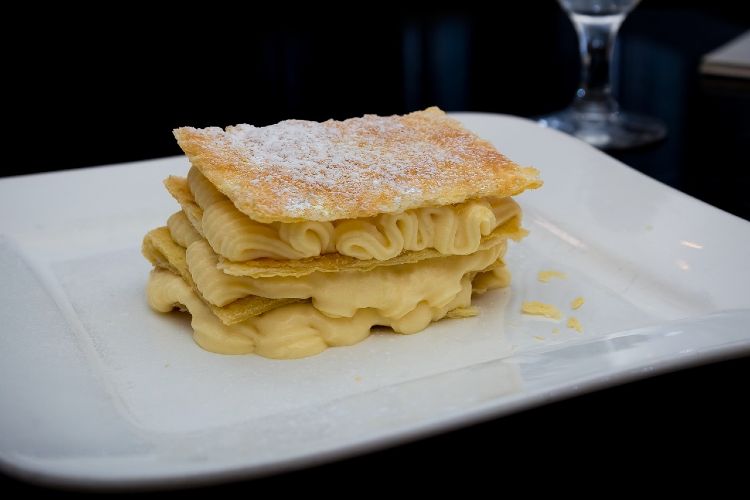Lunch with Harry
An old chap by the name of Harry helps me in the garden every Wednesday. He is of that indeterminate age which spans the years after sixty and before burial, his teeth and hair still his own but his eyesight fading and his hearing patchy. He wears a very sturdy pair of hob nail boots, caked with mud, a tweed jacket covered with dog hair and bits of moss and carries a spade wherever he goes. He walks with a slight stoop, his hands are gnarled from sun and wind and a flat brown cap sits half way down his forehead. He came with the house when I bought it twenty three years ago.
He cycles to my garden gate from the village green, half a mile down the road, where he lives in a tiny cottage, at the end of a row of four, where his family have always lived and where the old post office used to be. His father was Post Master and his mother helped in the big Manor house, now inhabited by wealthy bankers who reside in several other houses as well. He will not work there, although he has never revealed why. Harry is the last vestige of a generation that attended the primary school (now closed), the church (attendance now so low the vicar has moved), and the pub (still standing, thank the Lord).
We stop for tea at 10am, for lunch at 1pm and for tea again at 3pm. In between we tackle anything and everything from hedge cutting, tree pruning, leaf raking, vegetable bed making, manure spreading, shed sorting and climbing rose tying. Harry does not speak much: I think shyness, silence and humility have run through his family since time in memoriam. He treats my garden as if it were his own, pointing out areas of trouble, picking fruit and vegetables when they are just ripe and sweet and finding shiny clusters of snails behind pots and on walls, lifting them manually and scrunching them underfoot.
I always prepare soup for our lunch, served in enamel cups to make life easier, and then we might have some left over roast chicken with bacon, gravy and bread, or a plate of cheese and ham or left over stew and some fruit from the garden or storage racks in the cellar.
We sit on a bench in the kitchen garden if the weather is good, or if it’s raining we sit in the back porch. A tray on our laps and steaming mugs of hot tea by our side, I put the world to right and Harry listens. If I ask him something he replies politely, yet in all these years I have never really had any opinion from him, any judgement or criticism. He is as inscrutable as he is discreet and mindful.
I stick to all matters horticultural: the best way to feed the brassicas, how to get rid of blackfly, the best way to remove ivy from aged apple trees and making sure the fox does not kill any more of our chickens. He is full of old fashioned wisdom and ken: not a week goes by that I do not learn something new. He has worked the land all his life, since he was a small boy, on the local estate, where no less than five full time gardeners and ten full time labourers worked at the peak of its glory. When machines took the farm labourer’s jobs he started to help people in the village with their kitchen gardens, and now there is far more demand for Harry than there is supply of Harry to go round.
I live alone and so does he. Before he leaves for the day I always give him a big box of chard, rocket, herbs, beetroot, carrots and pears, or whatever is growing or being stored or preserved. I think he lives off this box for a week, as he is of the humblest means possible, so every week I try to make the box as full as possible. Ales, beers, breads and biscuits also find their way in there as well as new woollen gloves and hats, socks, books and seeds.
And then, at the beginning of January, out of the blue, I opened my front door to collect the newspaper one morning, and there was a present from him to me. Something so unexpected, so kind. It was lunch from him to me. A brace of pheasants, plucked, gutted, washed and ready from the shoot, where Harry is a beater. They were wrapped in newspaper and tied with string. After nearly a quarter of a century since moving to this village this was the very first present I had ever received. I stood and stared at their pink, lifeless forms on my kitchen table and thought how very fortunate I was to have found such a good, quiet friend.

